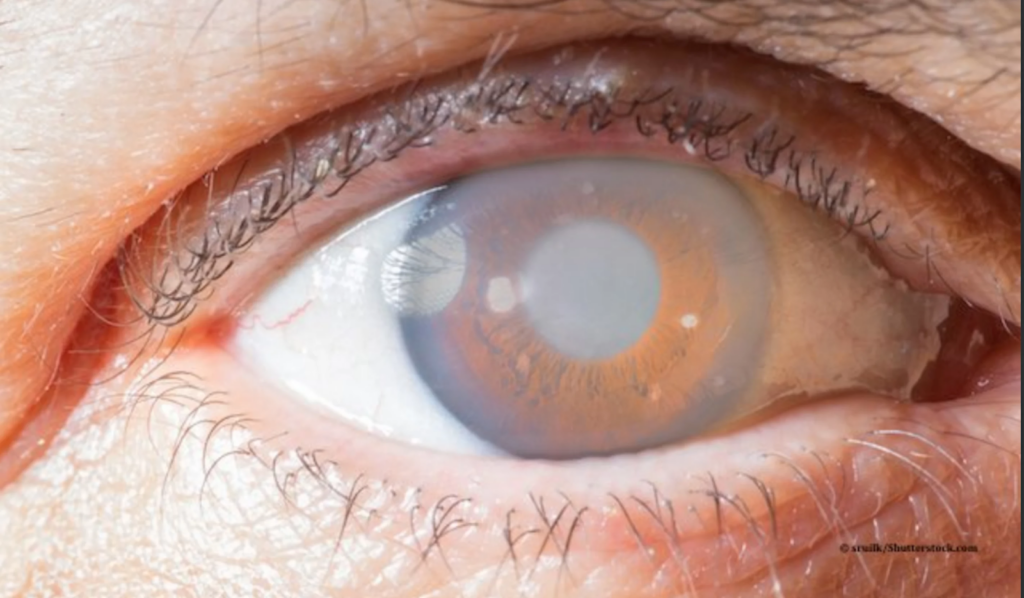The Most Commonly Treated Disorders with Medical Cannabis

Here, Chronic Therapy sheds light on the wide-ranging medical applications of cannabis plant for various medical conditions, which may be obtained in a number of different ways.
Cannabidiol (CBD), a molecule found in cannabis, has been shown to improve brain function without inducing euphoria or a high in humans. Using short route distillation, you may get both chemicals and improve their use.
Here are some of the ways in which medical cannabis sativa plant might help its consumers:
Increases airflow, helping in breathing.
When smoked, Medicinal Cannabis has no harmful effects on the lungs, unlike cigarettes. Medicinal cannabis may have the opposite effect on lung capacity, increasing it. Though, this is not been proven by research yet, more studies are required to verify the positive effect of smoking medical cannabis in the lungs.

Reduce stress and calm your nerves
Anxiety is a typical side effect of medical cannabis, but there is a technique to reduce or eliminate it. When used properly and under close supervision, medicinal cannabis has been shown to reduce anxiety and promote feelings of serenity in its consumers.
Chronic pain relief
Hundreds of different chemical components, including many different cannabinoids, make up medicinal cannabis. Due to its chemical composition, cannabinoids have been associated to relieving chronic pain. Medical marijuana, a by-product of cannabis, is widely used to treat persistent pain.
Prevent and control diabetes.
Because of its effect on insulin, it stands to reason that medical cannabis can be used to control and even prevent diabetes. The American Alliance for Medical Marijuana’s (AAMC) research has shown evidence that Marijuana can help regulate blood sugar, reduce blood pressure, and increase blood flow.
Used in the treatment of depression
There is a significant population with undiagnosed depression. Mood stabilisation and reduced depression have both been linked to the endocannabinoid components in medicinal cannabis.

Holds potential as a therapy for autism
Patients who take medicinal cannabis report feeling more at ease and in command of their emotions. Children with autism who suffer from extreme changes in mood may find this helpful.
Avoid or control convulsions
Seizure management is an area where CBD has been proven to perform well in studies. Research on the effectiveness of medical cannabis for treating epilepsy is ongoing.
Assist in shedding pounds
It’s not common to see a heavy Medical Marijuana user with excess fat. Medical marijuana has been linked to helping people control their insulin levels and portion sizes better.
Fix fractures
Cannabidiol has been associated with accelerating the recovery from bone fractures. Bone Research Laboratory in Tel Aviv reports that it also aids in strengthening the bone throughout the healing process. Because of this, future breaks in the bone will be less likely to occur.
Prevent and treat cancer
The potential of Medicinal Cannabis in combating cancer is one of its most promising uses. Substantial data suggests that cannabis may be useful in the battle against cancer.
Eye disease glaucoma treatment
People with glaucoma experience discomfort due to the increased pressure in their eyes. People with glaucoma may find some short-term relief from their symptoms by using medicinal cannabis, which has been shown to decrease intraocular pressure.

Aids in the treatment of attention deficit hyperactivity disorder
Those who suffer from ADHD or ADD often struggle to maintain attention. It’s common for them to struggle with memory and attention. Potential benefits for concentration and aiding those with attention deficit hyperactivity disorder (ADHD) have been shown with the use of medicinal cannabis. A lot of people prefer it over stimulants like Adderall and Ritalin because of its lower potential for adverse effects.
Facilitates sobriety
In addition to its many other health benefits, medical marijuana is also considerably safer than alcohol. Substituting Medicinal Cannabis for alcohol may not be completely safe, but it may be a safer strategy to reduce alcohol abuse.
Alzheimer’s illness progresses slowly
Dementias like Alzheimer’s are only one example of the various diseases that lead to mental decline. Eventually, as we become older, we’ll all experience some form of mental decline. The inflammatory process that results in Alzheimer’s disease is countered by the anti-inflammatories found in the endocannabinoid component of medicinal cannabis.
Reduces the impact of PTSD
All people who experience a traumatic event are susceptible to developing post-traumatic stress disorder, not only soldiers. The effects of legalising medicinal cannabis on the treatment of post-traumatic stress disorder in humans are now the subject of extensive research. The overarousal of the “fight or flight” response can be mitigated with the use of medicinal cannabis.

Reduces stomach and intestinal inflammation
Medicinal cannabis can help those who suffer from inflammatory bowel diseases including Crohn’s and ulcerative colitis. Both tetrahydrocannabinol (THC) and cannabidiol (CBD) have been shown to have beneficial effects on immunological response and to interact with cells that are critical to the proper functioning of the gastrointestinal tract. Intestinal inflammation can be caused by bacteria and other chemicals, both of which are hindered by medicinal cannabis.
Reduces the suffering of those who have multiple sclerosis.
Medicinal cannabis has been shown to alleviate the painful symptoms of multiple sclerosis. Muscle spasms caused by multiple sclerosis are excruciatingly painful, but medical marijuana helps ease the discomfort.
Handle the suffering caused by arthritis.
People with arthritis may now find medicinal cannabis in the form of lotions and balms. THC and CBD are complementary in their ability to alleviate discomfort.
Enhanced treatment efficacy with fewer hepatitis C-related adverse effects.
Some of the negative effects of hepatitis C medication include feeling sick, tired, depressed, and experiencing muscle pains. Some people with hepatitis C have these for months at a time. Medical marijuana can improve therapeutic outcomes while decreasing its associated adverse effects.
Aids in the reduction of Parkinson’s disease-related shaking
Patients with Parkinson’s disease can benefit from medicinal cannabis’ ability to alleviate tremors, discomfort, and insomnia. The patients’ motor abilities also increased after treatment.
Finally
We know you might be curios to find out more information and discuss medicinal cannabis uses, or where to get legal medicinal cannabis products in Australia, or who is authorised to prescribe medicinal cannabis products to you, and we know lots of people are also worried about the use of medicinal cannabis.
For all these, schedule a consultation session today with our experts at Chronic Therapy to get professional advice about any medicinal cannabis product or medicinal use of the product to maximise your benefits from it.



